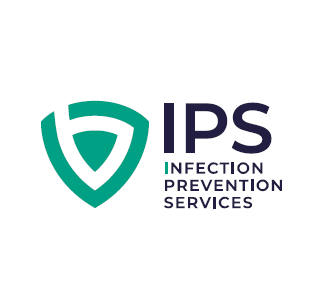Antimicrobial resistance is one of the most critical public health challenges we face today. Bacteria, viruses, fungi, and parasites are becoming resistant to drugs, putting our ability to treat common infections at risk. Antimicrobial stewardship is a comprehensive strategy aimed at optimising antibiotics to ensure they remain effective in the fight against infections.
The World Health Organisation (WHO) plays a leading role in developing and guiding global efforts in antimicrobial stewardship. This article explores WHO's key recommendations and how healthcare systems worldwide can implement these strategies to protect public health in the future.
The World Health Organisation (WHO) plays a leading role in developing and guiding global efforts in antimicrobial stewardship. This article explores WHO's key recommendations and how healthcare systems worldwide can implement these strategies to protect public health in the future.

